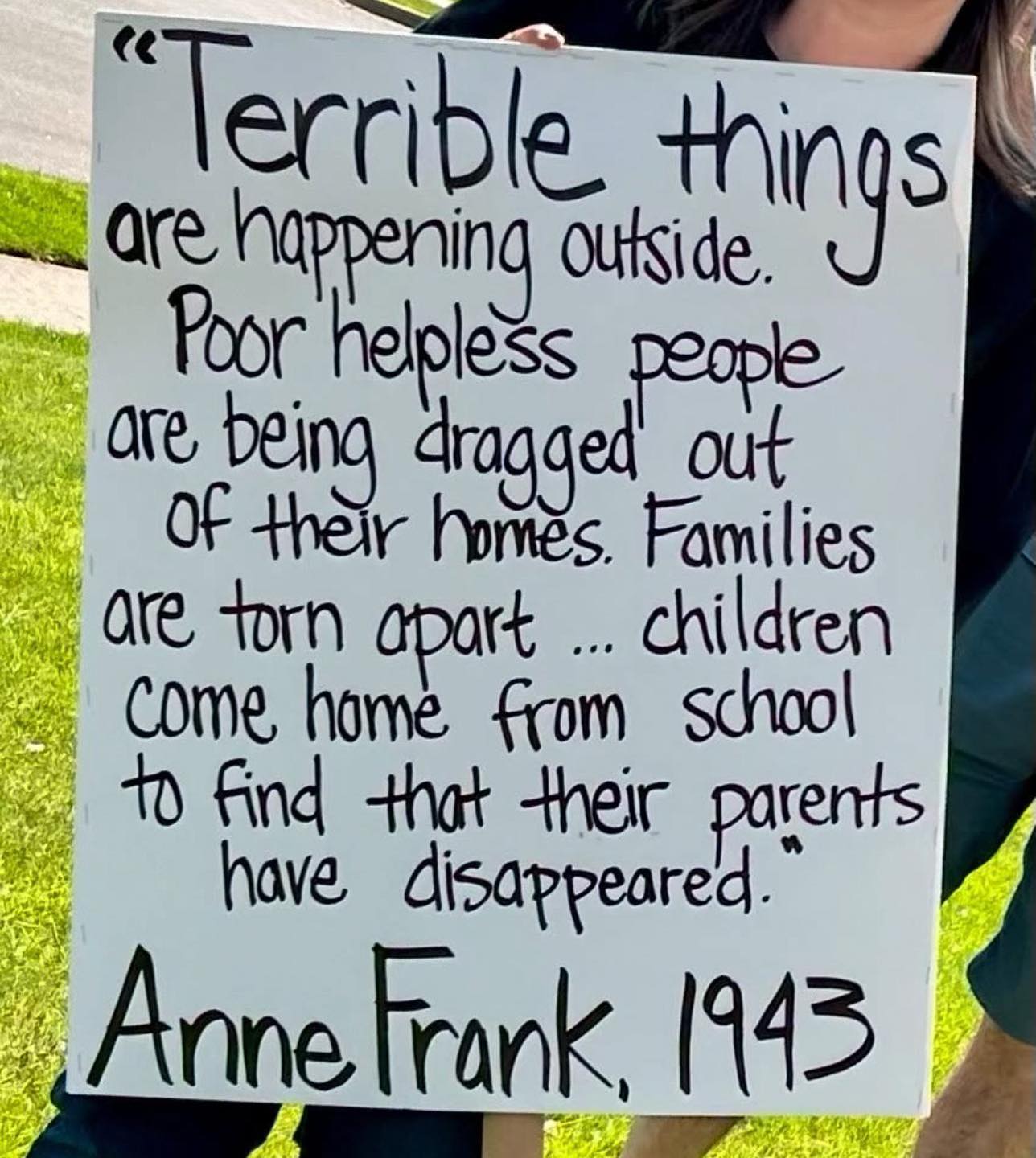Sunday, April 27 (2 pm)
Saint John’s University in Collegeville
Free and open to all, registration is NOT required.
For Info visit www.csbsju.edu
Meet You at the Crossroads a salon concert produced by the Jay Phillips Center for Interreligious Studies, co-presented by the Cultural Fluency Initiative, curated by David Jordan Harris
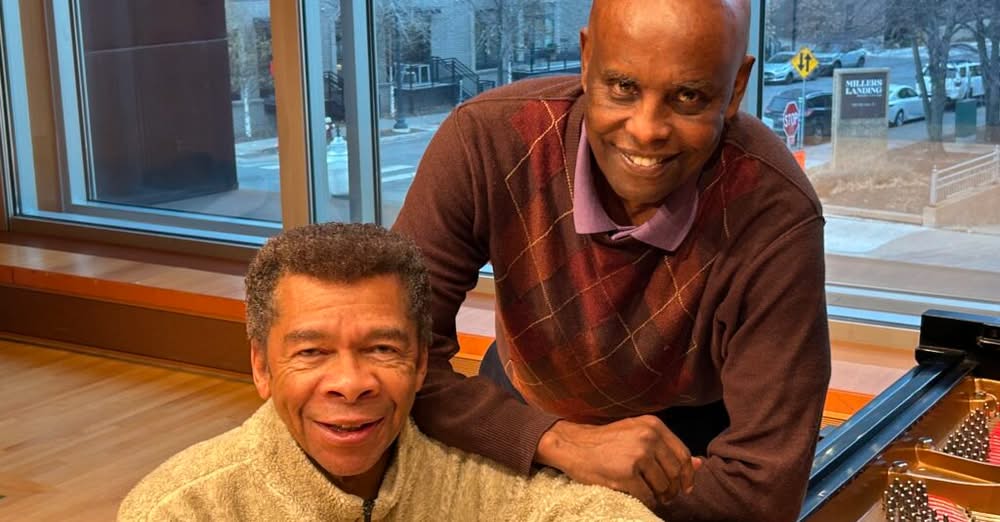
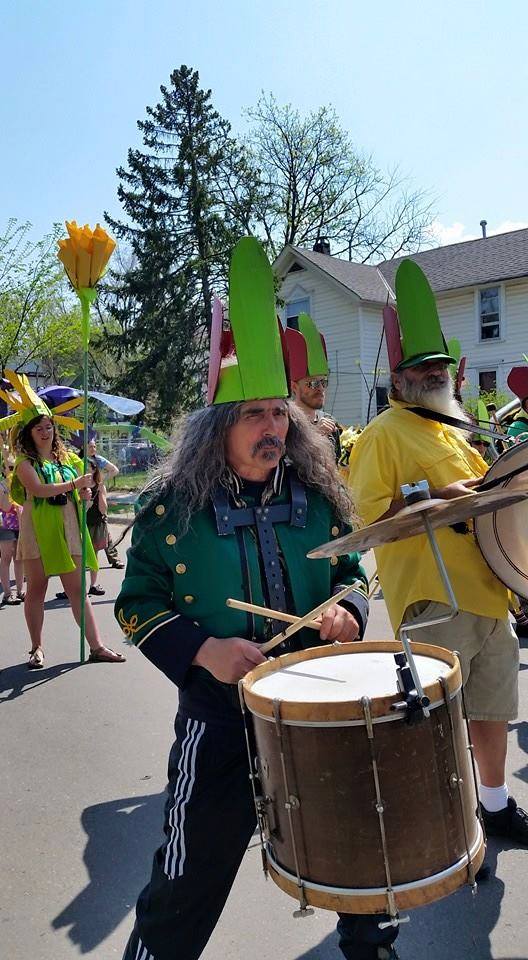

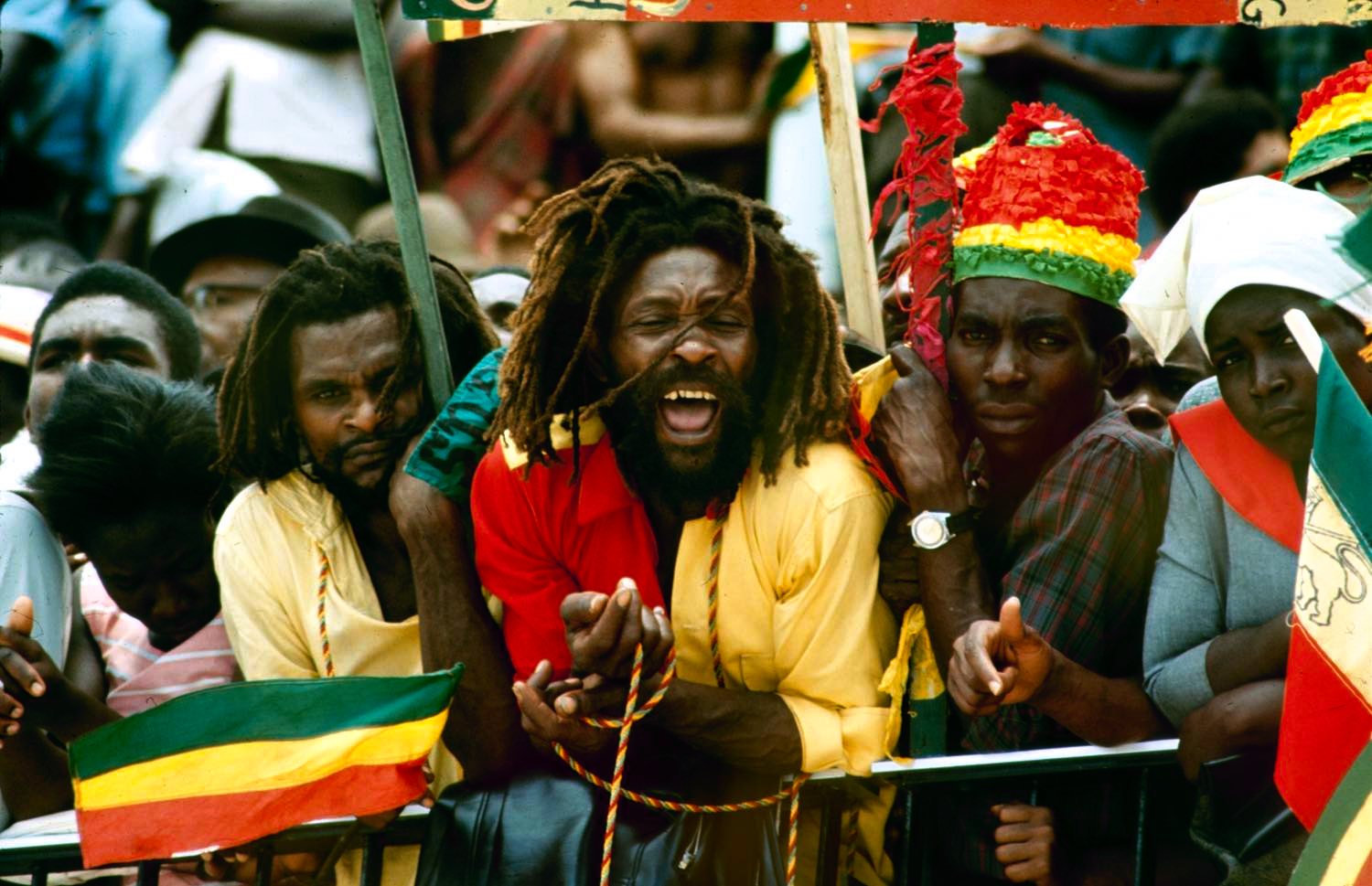
Haile Selassie
Michael Franti (born April 21, 1966) is an American singer, songwriter, musician, poet, activist, documentarian, and rapper. Known for his participation in many musical projects, most with a political and social emphasis, including the Beatnigs and the Disposable Heroes of Hiphoprisy. He is the creator and lead vocalist of Michael Franti & Spearhead, a band which blends hip hop with a variety of other styles including funk, reggae, jazz, folk, and rock. He is also an outspoken supporter for a wide spectrum of peace and social justice issues; he is especially an advocate for peace in the Middle East.
see full post...This new image showcases the dazzling young star cluster NGC 346. Although several images of NGC 346 have been released previously, this view includes new data and is the first to combine Hubble observations made at infrared, optical, and ultraviolet wavelengths into an intricately detailed view of this vibrant star-forming factory.
NGC 346 is located in the Small Magellanic Cloud, a satellite galaxy of the Milky Way that lies 200 000 light-years away in the constellation Tucana. The Small Magellanic Cloud is less rich in elements heavier than helium — what astronomers call metals — than the Milky Way. This makes conditions in the galaxy similar to what existed in the early Universe.
NGC 346 is home to more than 2500 newborn stars. The cluster’s most massive stars, which are many times more massive than our Sun, blaze with an intense blue light in this image. The glowing pink nebula and snakelike dark clouds are the remnant of the birthsite of the stars in the cluster.
Hubble’s exquisite sensitivity and resolution were instrumental in uncovering the secrets of NGC 346’s star formation. Using two sets of observations taken 11 years apart, researchers traced the motions of NGC 346’s stars, revealing them to be spiralling in toward the centre of the cluster. This spiralling motion arises from a stream of gas from the outside of the cluster that fuels star formation in the centre of the turbulent cloud.
The inhabitants of this cluster are stellar sculptors, carving out a bubble from the nebula. NGC 346’s hot, massive stars produce intense radiation and fierce stellar winds that pummel the billowing gas of their birthplace and begin to disperse the surrounding nebula.
The nebula, named N66, is the brightest example of an H II (pronounced ‘H-two’) region in the Small Magellanic Cloud. H II regions are set aglow by ultraviolet light from hot young stars like those in NGC 346. The presence of the brilliant nebula indicates the young age of the star cluster, as an H II region shines only as long as the stars that power it — a mere few million years for the massive stars pictured here.

Doug MacLeod (born April 21, 1946 NY) is an American storytelling blues musician and was the voice for the Blues Showcase of Continental Airlines. Doug MacLeod is a multiple Blues Music Awards winner, including the 2024 Blues Music Award for Acoustic Album Of The Year for his album Raw Blues 1 and 2023 the Blues Music Award for Acoustic Artist Of The Year. He received two 2025 Blues Music Award nominations for Acoustic Artist of the Year and Acoustic Album of the Year- Raw Blues 2. Doug MacLeod is an international touring artist who writes and sings original songs that are based on his own life and experiences. Doug MacLeod most often performs on acoustic guitar, but he’s also well-versed in electric styles and a respected songwriter and magazine columnist.
see full post...Alfred James Rogers (April 21, 1941 – September 23, 2021), known as Pee Wee Ellisdue to his diminutive stature, was an American saxophonist, composer, and arranger. With a background in jazz, he was a member of James Brown‘s band in the 1960s, appearing on many of Brown’s recordings and co-writing hits like “Cold Sweat” and “Say It Loud – I’m Black and I’m Proud“. He also worked with Van Morrison. Ellis resided in England for the last 30 years of his life.
see full post...
Locksley Wellington Hampton (April 21, 1932 – November 18, 2021 Jennette, PA) was an American jazz trombonist, composer and arranger. As his nickname implies, Hampton’s main instrument was slide trombone, but he also occasionally played tuba and flugelhorn.
see full post...James Mundell Lowe (April 21, 1922 – December 2, 2017 Shady Grove, MS) was an American jazz guitarist who worked often in radio, television, and film, and as a session musician.
He produced film and TV scores in the 1970s, such as the Billy Jack soundtrack and music for Starsky and Hutch, and worked with André Previn‘s Trio in the 1990s.
see full post...Easter symbolizes to me the rising of our consciousness from the lower charkas to the Heart Charka. Mother Earth the Feminine Energy embracing our Universe finally. It’s been a long wait. I don’t usually mention this but I am a Officiate of the Order of Melchizedek and believe in the strength of the Almighty no matter how you perceive this. Love, Empathy, Compassion, Jah, Addonai, Alaa, Jesus or the source of all Life and Creation. It’s so easy to forget that this energy exists and can be transformative and empowering. It goes by whatever name you imagine. Jah Know!
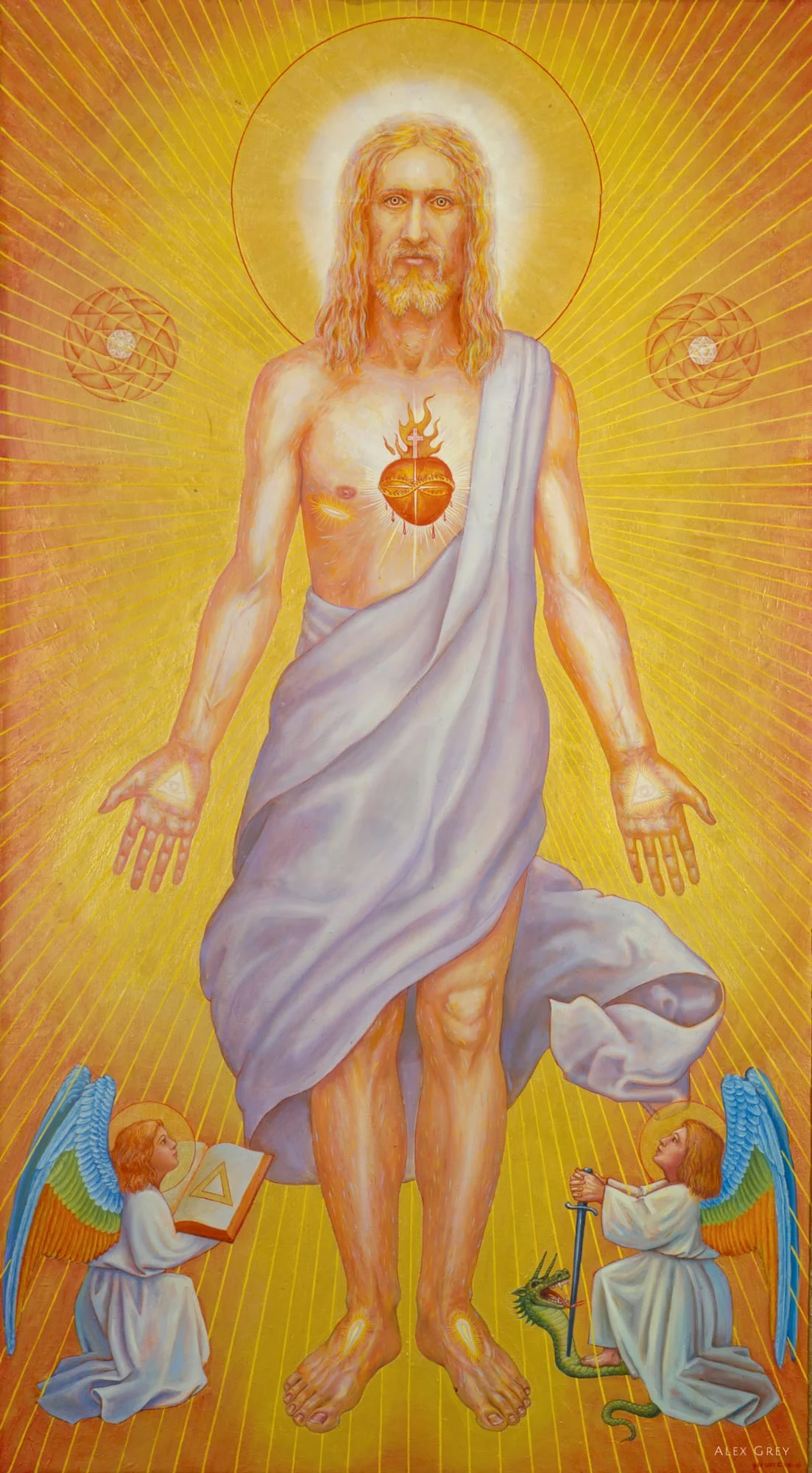
see full post...
The Great Nebula in Orion is a colorful place. Visible to the unaided eye, it appears as a small fuzzy patch in the constellation of Orion. Long exposure, multi-wavelength images like this, however, show the Orion Nebulato be a busy neighborhood of young stars, hot gas, and dark dust. This digital composite features not only three colors of visible light but four colors of infrared light taken by NASA‘s orbiting Spitzer Space Telescope as well. The power behind much of the Orion Nebula (M42) is the Trapezium – four of the brightest stars in the nebula. Many of the filamentary structures visible are actually shock waves – fronts where fast moving material encounters slow moving gas. The Orion Nebula spans about 40 light years and is located about 1500 light years away in the same spiral arm of our Galaxy as the Sun.
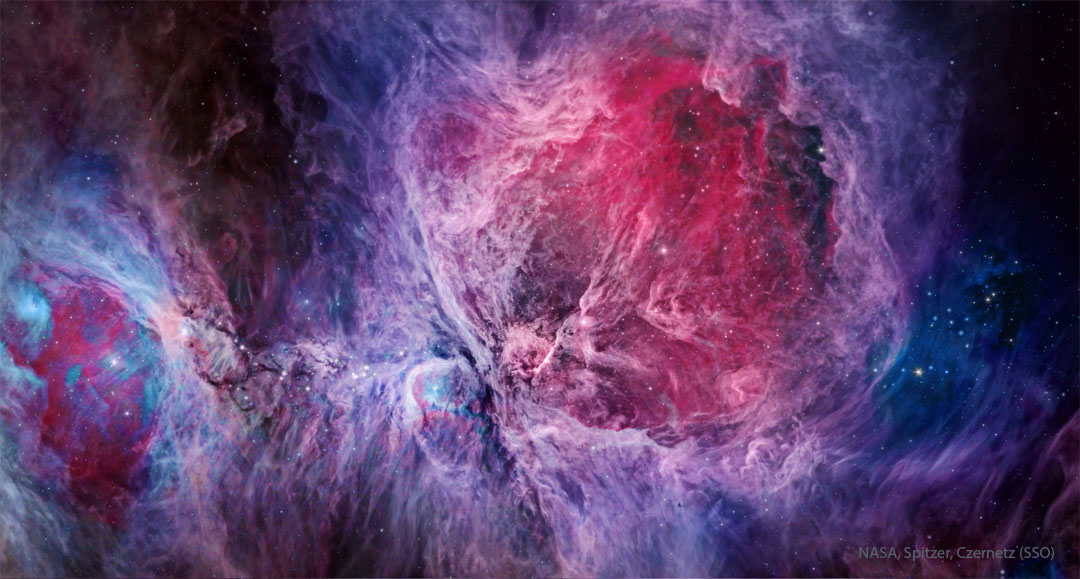
see full post...
Timothy Lee Drummond (20 April 1940 – 10 January 2015) was an American musician from Canton, Illinois. Drummond’s primary instrument was bass guitar and he toured and recorded with many notable artists, including Conway Twitty, Bob Dylan, James Brown, Eric Clapton, Neil Young, Crosby & Nash, Crosby, Stills, Nash & Young, Ry Cooder, J. J. Cale, Mother Earth, Lonnie Mack, Miles Davis, B.B. King, Joe Cocker, Albert Collins, Joe Henry, Jewel, Essra Mohawk, and many others.
Drummond co-wrote songs with many of the artists he worked with, including: “Saved” (Bob Dylan), “Who’s Talking” (J.J. Cale), “Saddle Up The Palomino” (Neil Young), and “Down In Hollywood” (Ry Cooder). He is credited as the sole writer of “To Lay Down Beside You” on the 1971 album The Sounds of Simon, which went on to be covered by artists such as Esther Phillips, Dianne Davidson, Tracy Nelson, Terri Lane, and Rick Danko. He often played as part of the session rhythm duo Tim & Jim with drummer Jim Keltner.
see full post...Ernest Anthony Puente Jr. (April 20, 1923 – May 31, 2000), commonly known as Tito Puente, was an American musician, songwriter, bandleader, timbalero, and record producer. He composed dance-oriented mambo and Latin jazz music. He was also known as “El Rey de los Timbales,” or “The King of the Timbales.”
Puente and his music have appeared in films including The Mambo Kings and Fernando Trueba‘s Calle 54. He guest-starred on television shows, including Sesame Street and The Simpsons‘s two-part episode “Who Shot Mr. Burns?“.
see full post...Lionel Leo Hampton (April 20, 1908 – August 31, 2002) was an American jazzvibraphonist, percussionist, and bandleader. He worked with jazz musicians from Teddy Wilson, Benny Goodman, and Buddy Rich, to Charlie Parker, Charles Mingus, and Quincy Jones. In 1992, he was inducted into the Alabama Jazz Hall of Fame, and he was awarded the National Medal of Arts in 1996.
Lionel Hampton was born in 1908 in Louisville, Kentucky, and was raised by his mother. Shortly after he was born, he and his mother moved to her hometown of Birmingham, Alabama. He spent his early childhood in Kenosha, Wisconsin, before he and his family moved to Chicago, Illinois, in 1916. As a youth, Hampton was a member of the Bud Billiken Club, an alternative to the Boy Scouts of America, which was off-limits because of racial segregation.
see full post...